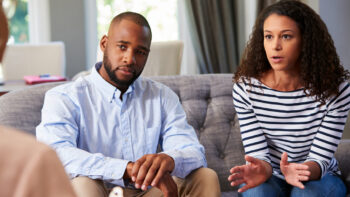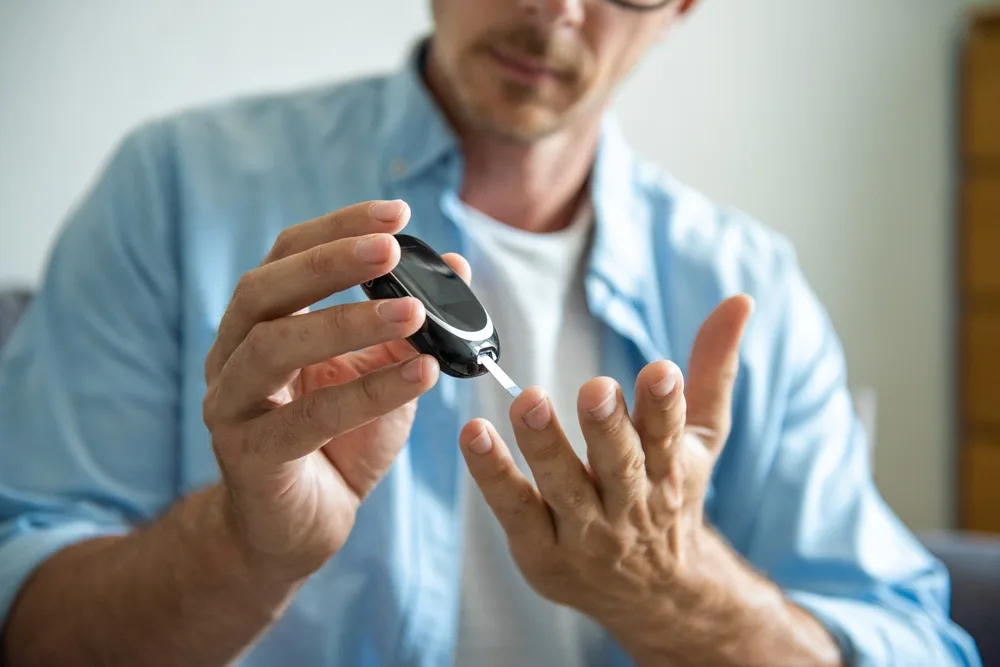
Couples therapy is a form of therapy counseling that focuses on the needs of you and your partner. Romantic relationships take hard work and can require some outside help for maintenance from time to time.
When a problem arises in a relationship, it is best to address it as soon as possible to avoid them becoming more major issues later down the road. Relationship counselling is a great opportunity to talk about those issues with the help of a licensed professional.
What is couple’s therapy?
Before you begin couple’s therapy counseling, it is important to know what you are getting into. Couples or Marriage and Family therapists practice a type of psychotherapy that is focused on couples and romantic relationships. They will use their training to help people gain insight into their relationships, resolve conflict, and improve satisfaction within a relationship.
A Licensed Marriage and Family Therapist (LMFT) will use therapeutic interventions to assist their clients with their relationships. Different therapists will have different practices based on their theoretical orientation. Typically, you can expect the following elements for a standard couple therapy session:
- A focus on a specific problem in the relationship. This can include sexual difficulties, intimacy issues, jealousy, and more.
- The therapy counseling will involve active participation from the therapist to help treat the relationship as opposed to the individuals.
- Counselors will provide interventions early in the treatment that focus on solutions to issues and implementing change.
Even with the help of a counselor, couple’s therapy requires teamwork and effort from everyone in the relationship. Learning some facts and pertinent information about couples counseling can help put you at ease and help you avoid feelings of anxiety, nervousness, or uncertainty before your session.
Setting Expectations for Couples Counseling
Typically, the first visit to a new Marriage and Family therapist will consist of some standard interview questions that will delve into the history of the relationship. Additional questions will be asked about each of the partner’s beliefs, family, cultural background, and more. This will help the therapist to pinpoint the issues that are happening in the relationship.
It is vital to set reasonable expectations for your couple’s counseling session. A marriage counselor is not there to save your marriage or relationships. Instead, they are there to help guide you and give you the tools you need to have healthier relationships. Both partners must work together with the therapist to get the best results out of the couple’s therapy.
During the treatment, couples can expect to gain insight on the dynamics of their relationship and see where problems could be arising. The therapist will guide each of the partners in understanding their roles in the dysfunction that is present in the relationship. With enough help, patients will gain a deeper look into their relationship issues and potentially change their perception of the relationship and each other.
If you are preparing for couples counseling, you should be prepared to work with your partner to make changes in your behaviors. In many cases, the therapist will assign each partner with their own homework to demonstrate some of the skills they are taught in therapy. Most couples leave therapy with a greater understanding of their patterns in relationships, and they will learn necessary skills to promote communication among partners.
Who should consider getting relationship counselling?
The truth is couples therapy can be a positive tool for just about any kind of relationship. This includes straight or gay, interracial, and other types of relationships. Counselling can be beneficial regardless of the stage of the relationship. People who are dating, engaged, or married can all benefit from receiving therapy as a couple.
Relationship counselling can benefit young couples and couples that have been married for decades. Couples that are dealing with everything from common gripes to unique relationship challenges can benefit from seeing a therapist.
According to the American Association of Marriage and Family, over 97% percent of couples who took a survey said they got the help they needed from couples’ therapy. That is an impressive percentage, and it just goes to show that almost anybody in a relationship can benefit from receiving licensed therapy and counselling.
Common Couples Therapy Misconceptions and Mistakes
One of the common misconceptions people make about relationship counselling is that a therapist will be able to save any relationship, regardless of when they start therapy. Unfortunately, therapy is not a guaranteed fix, and it works more effectively early in relationships before problems become too severe. Not every couple who attends therapy counselling will be able to salvage their relationships, but they will be able to learn skills to have better relationships in the future.
Another mistake people make when it comes to relationship counseling is that they try to fix all their problems too quickly. In many cases, trying to rush therapy can put pressure on the process and can be a stressful situation for everybody involved.
Here are some other common misconceptions people have and mistakes they make when it comes to getting couples therapy:
- Not vetting for the right Licensed Marriage and Family Therapist – Take some time to meet with a few LMFTs before you decide on one. Therapy requires chemistry and vulnerability, so it is important to work with someone you and your partner can trust and talk to.
- Looking for easy answers from the therapist – No therapist out there will be able to give you an easy solution to the problems you are facing in your relationship. All relationships take hard work and dedication from both partners to succeed.
- Placing blame on their partner and refusing to accept responsibility – Relationships are two-sided and both partners have valid feelings and thoughts on the relationship. Even if you are “correct” in an argument, it may not be the healthiest thing for your relationship to blame your partner and refuse to take any accountability.
- Expecting a therapist to take sides – Therapists are not meant to be judges of relationships, so do not expect them to take sides during a conflict in your relationship. Instead, a therapist will work to give you and your partner the tools you need to encourage positive communication and a mutual solution.
By Admin –







